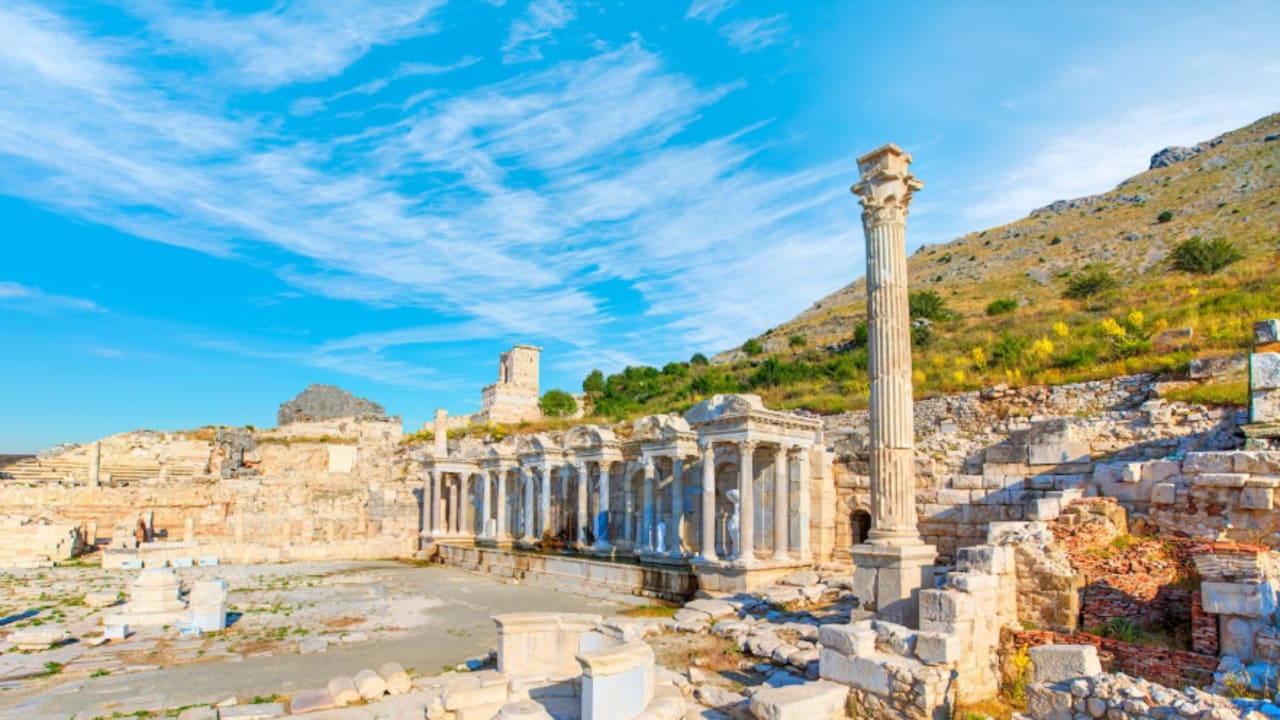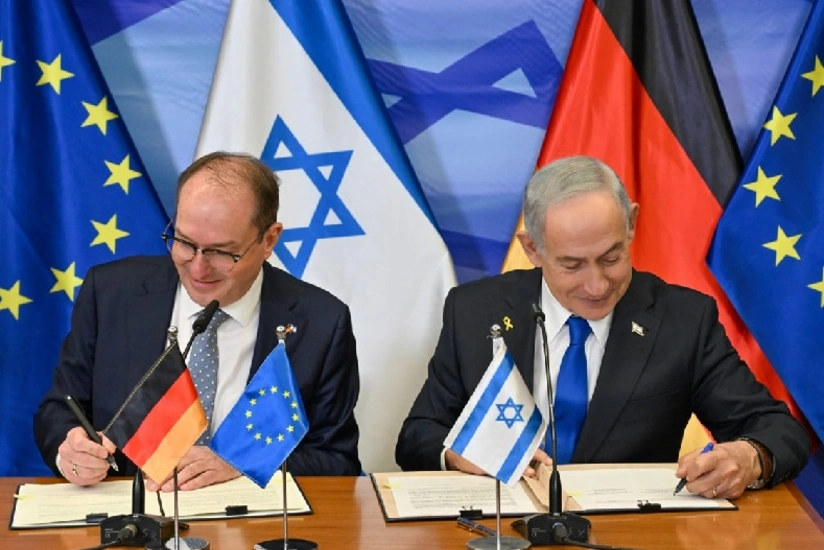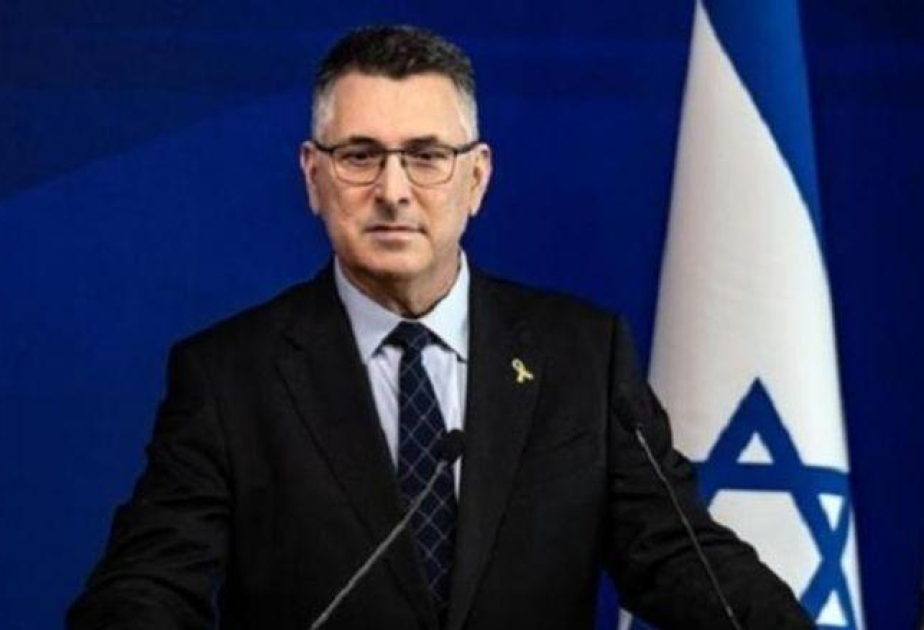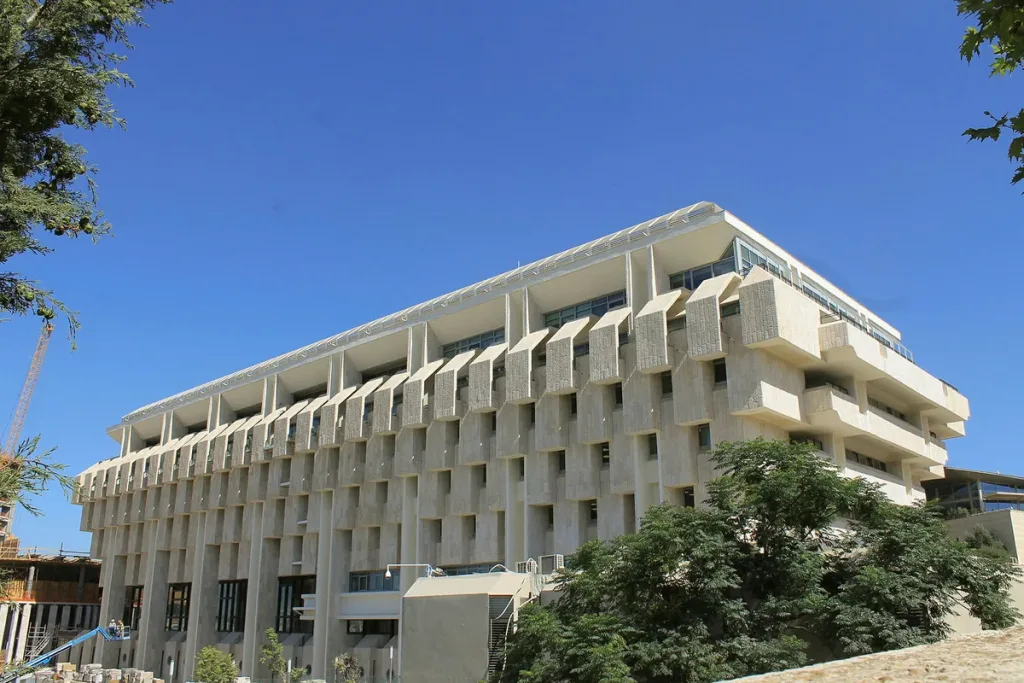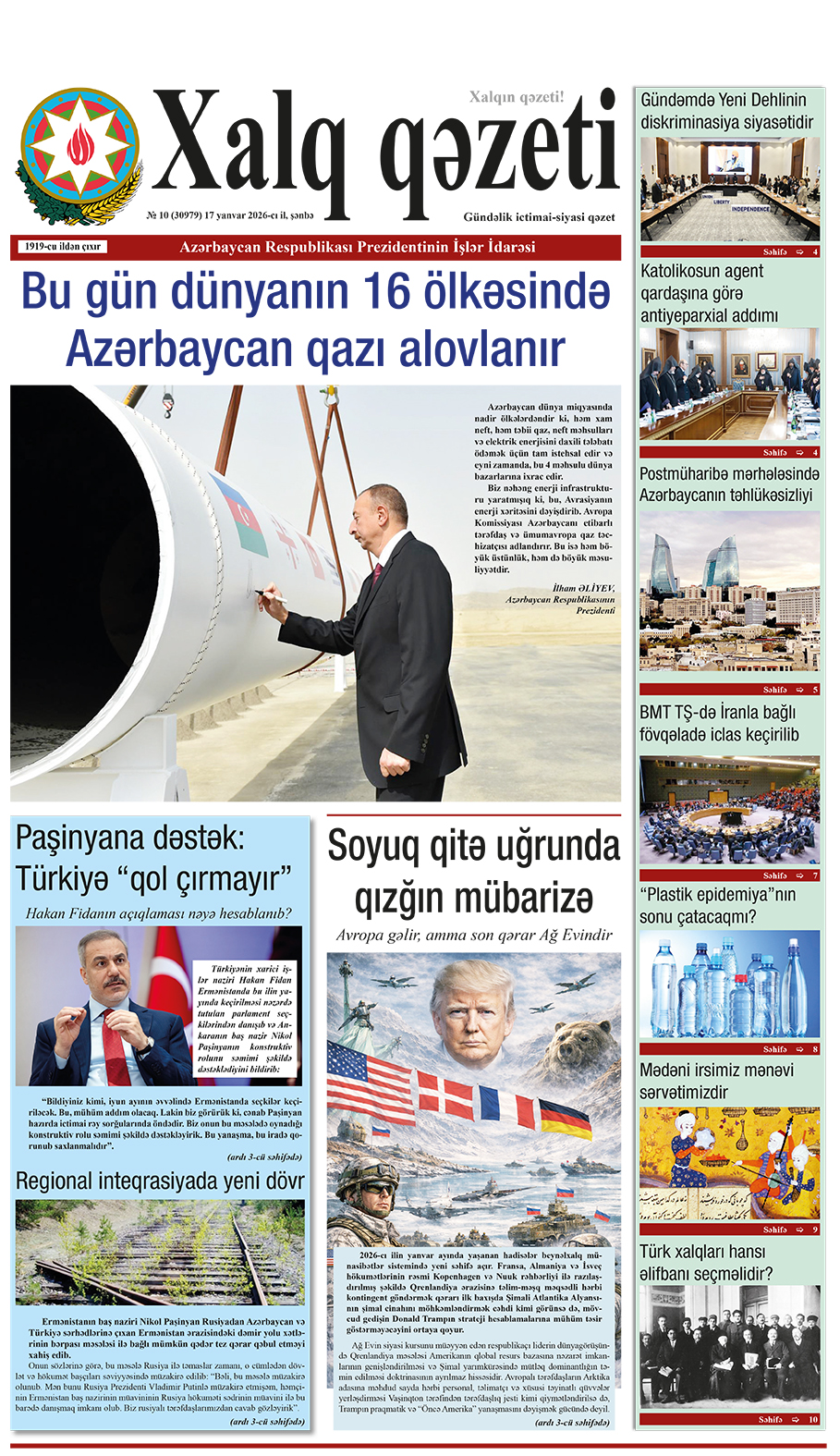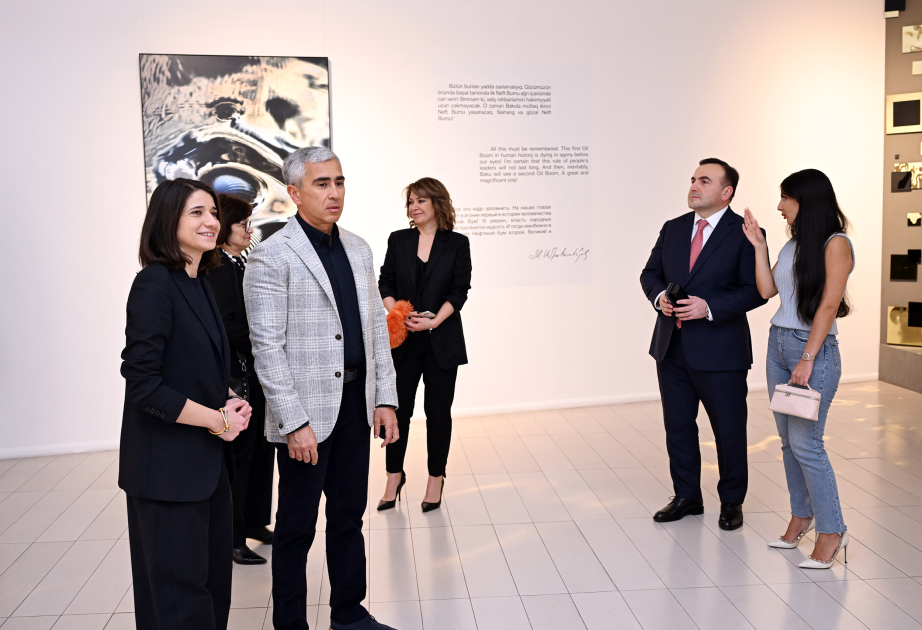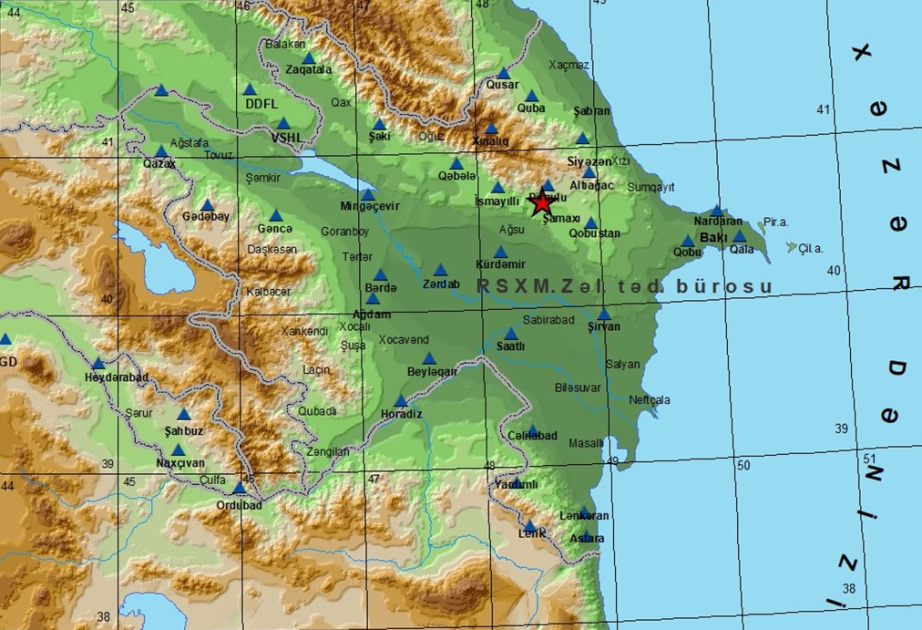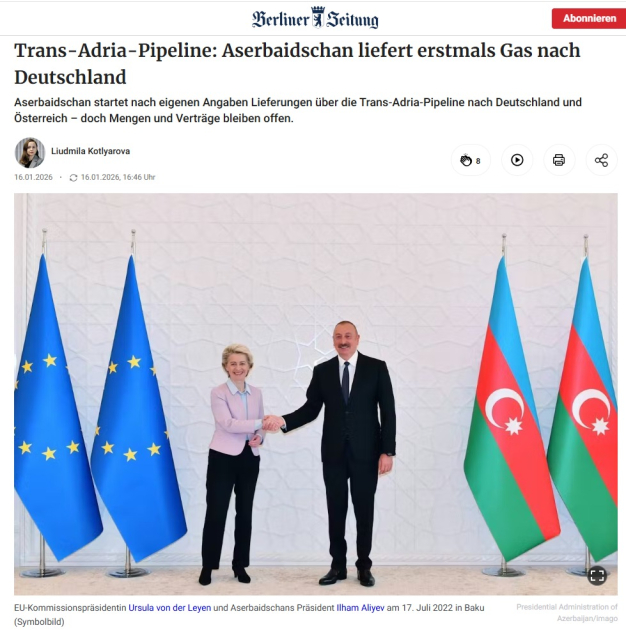Jerusalem Post
According to emails, Mendelsohn knew the statue had been smuggled from Turkey when he purchased it and sought advice to avoid legal action by showing it only to private guests.
A New York Criminal Court issued an arrest warrant for 74-year-old U.S. collector Aaron Mendelsohn after evidence from the Manhattan District Attorney’s Office and Turkey’s Ministry of Culture and Tourism led to a criminal case over a 2,000-year-old Roman emperor statue allegedly looted from the ancient city of Boubon in Burdur, Turkey.
Prosecutors alleged that Mendelsohn knew the piece was stolen when he bought it and continued to display it despite that knowledge. Investigators cited correspondence indicating he understood the statue had been smuggled from Turkey at the time of purchase, and noted that he sought advice on avoiding legal action. A former museum curator advised that the statue could be exempt from legal action if shown only to private guests, and Mendelsohn attempted to follow that guidance without success.
Court filings described the object as the Naked Emperor bronze statue, allegedly looted in the 1960s, taken first to England, and later brought to the United States. Mendelsohn bought the statue from a New York gallery in 2007 for $1,330,000, and the court found he purchased it despite knowing it had been smuggled and stolen from Boubon.
Authorities reviewed Mendelsohn’s electronic correspondence and U.S. experts conducted a detailed study for the case file, Dünya Gazetesi reported. Investigators also interviewed a Turkish farmer who said he looted the statue in 1967 with his father and identified it from photographs.
Mendelsohn denied the allegations and argued that the evidence was not conclusive. His lawyer, Marcus Asner, said emails cited by prosecutors were taken out of context and that his client did not know the work came from Boubon.
Officials in Turkey and the United States framed the Mendelsohn prosecution and repatriation process as a concrete example of growing cooperation and a strategy that emphasized deterring buyers of smuggled artifacts, Karar reported. The statue was expected to be returned to Turkey at the end of the trial process.


